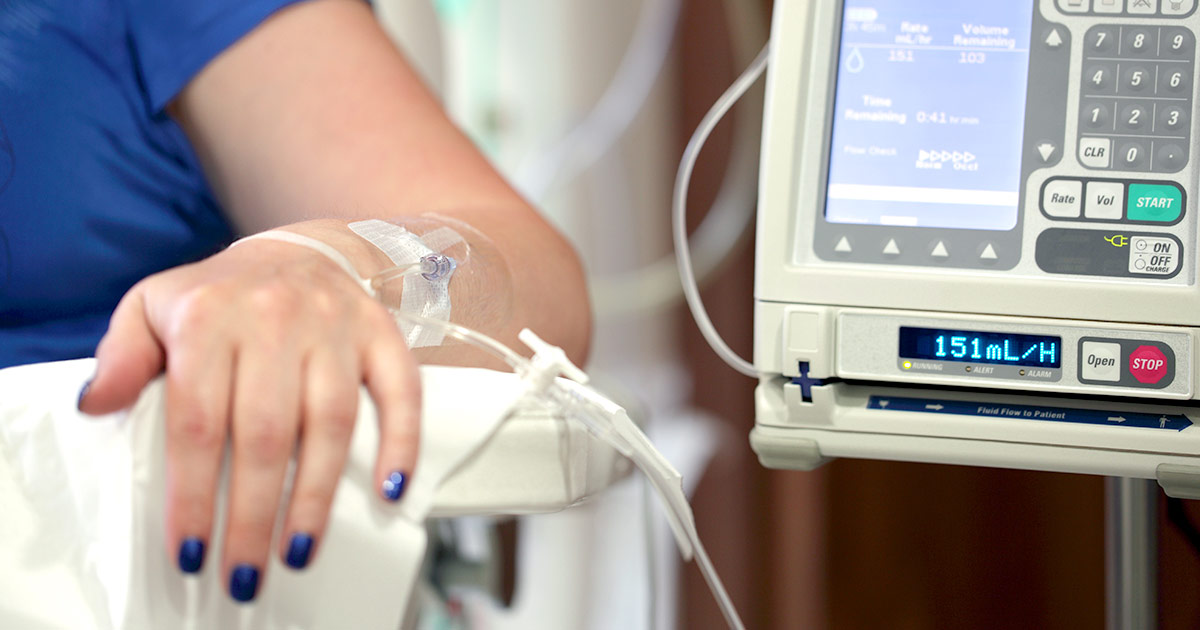Guide To Colon Cancer Diagnosis And Treatment Options
Chemotherapy

A colon cancer patient may need to undergo chemotherapy independently or in addition to a surgical procedure to ensure all cancerous cells are eliminated from the body. Chemotherapy can be given as a systemic treatment or a regional treatment in individuals affected by colon cancer. Systemic chemotherapy describes a process where chemotherapy drugs are intravenously delivered into a vein so they reach all parts of the patient's body. Regional chemotherapy describes a process where chemotherapy drugs are injected directly into a specific artery that only carries blood to the part of the body where the cancer is located.
Chemotherapy drugs work by killing or damaging all cells in the process of dividing. However, side effects are more significant with chemotherapy because the chemotherapy drugs cannot distinguish healthy dividing cells from malignant dividing cells. Neoadjuvant chemotherapy is chemotherapy administered before a patient has surgery to help shrink the tumor so it is easier to excise. Adjuvant chemotherapy is given following a patient's tumor removal surgery to kill off any malignant cells left behind from surgery or those that migrated to another part of the body.
Uncover information on more ways to treat colon cancer now.